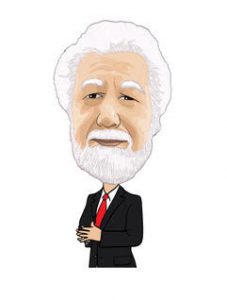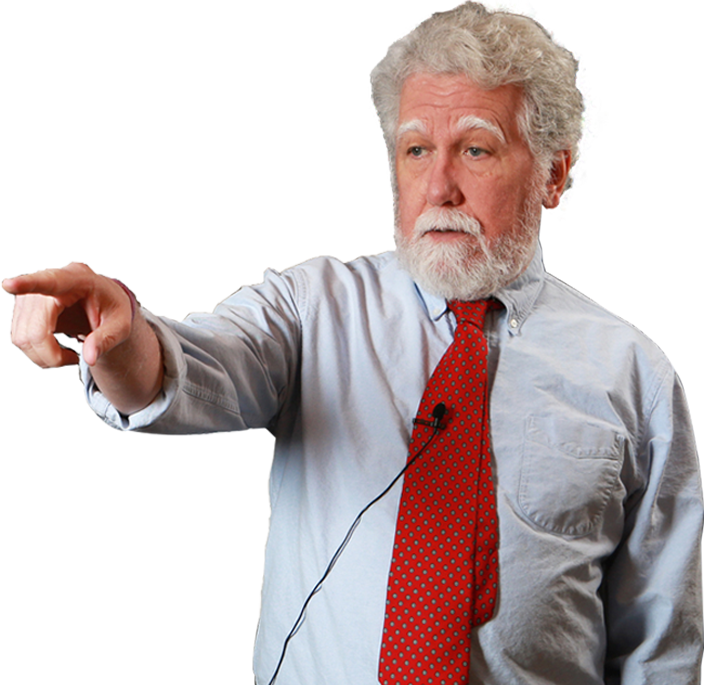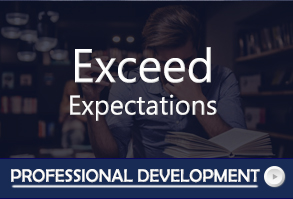“He’s Dr. A. PLUS!” – Teacher, Buffalo, NY
As a licensed clinical psychologist and as a licensed school psychologist, Dr. A. has worked, taught and consulted at schools and colleges across the Northeast. All programs can be modified to best meet the needs of your students or staff.
Why not offer your teachers and students an opportunity to earn an A+?
Download Dr.A’s OneSheet For Schools
The ABC’s of Behavior Change
If knowledge is power, Psychology is the ultimate super power.
Issues Addressed: Habits are easy to learn, complicated to explain and difficult to change. But just knowing how change happens makes changing a lot easier.
Overview: This basic introduction to Cognitive and Behavioral Psychology (CBT) showcases the successful psychology techniques behind understanding our own behaviors and making or maintaining positive changes in our lives.
Dr. A. explains the Best Practices of self management and habit control, expressed in everyday language geared to age and educational level.
Using real world examples to demonstrate to kids (or staff) how much self-control they really have in their lives, Dr. A. demonstrates how increasing happiness and positive behavior leads to success in many endeavors.
Specifically, this program focuses on the three basic ways individuals interact with their environment and identifies the four key learning elements that underlie many of our successes and challenges in school, work and social relationships.
Answers the following questions:
- Why do we think one thing, but do another?
- Why are my friends so inconsistent and moody?
- Why do I procrastinate so much?
- Why do people turn into a confusing bundle of stress and depression after being happy at birth?
Audience: High School and College Students. Teacher and Administrator program also available.
Format: Keynote or Workshop
Length: 30 minutes to 90 minutes
Learning Objectives: Participants completing this course will be able to:
- Define and differentiate between Cognitions, Emotions and Behaviors.
- Discuss how our own brain tricks us into bad behavior and foolish beliefs.
- Enhance resiliency to academic and social stressors.
- Utilize flexible cognition skills to reframe negative expectations.
- Describe how long impulses last and how to manage them.
- Explain how “willpower” is a myth.
- Outline new problem-solving skills to replace feelings of helplessness.
- Learn why bad habits are so hard to break.
Invite Dr . A. to help your students understand themselves and others better.
Relax Your Way To Getting An “A”
The Four Types of Anxiety Usually Found in Schools
Issues Addressed: Stage fright can start at any age, even if you’ve never had it before. It makes smart and talented people feel dumb, but has nothing to do with skill or intelligence.
Overview: Even bright, confident people get “stage fright.”
Famous performers such as Adele, Rihanna, Lorde, Beyonce, Harry Styles, Emma Watson and Katy Perry experience performance anxiety and so do older, more experienced entertainers such as Barbra Streisand, Rod Stewart, Eddie Van Halen, Carly Simon, Cher, Ozzy Osbourne …and the list goes on!
In school, of course, this most often shows up as Math Anxiety, Test Anxiety, Presentation Anxiety and Sports Anxiety. This type of anxiety can lead to very poor performance when you least want it to happen and can result in poor grades, being benched or being scapegoated. Now is the time to learn how to avoid performance anxiety.
By teaching Mindfulness, Positive Psychology and Relaxation Techniques at an age-appropriate level, Dr. A. introduces the importance of self-control and personal responsibility to students in a brief presentation or workshop format.
Answers the following questions:
- Why do people get anxious?
- What is the difference between anxiety, worry, and nervousness?
- Can your mind control your body or does your body control your mind?
- How can playing the guitar help you do better at Math?
Audience: Middle School Students. High School program available and Teacher and Administrator program also available.
Format: Keynote or Workshop
Length: 20 minutes to 60 minutes
Learning Objectives: Participants completing this course will be able to:
- Understand the differences between Moods and Emotions.
- Discuss how “anxiety” is really a myth.
- Demonstrate how to relax themselves.
- Describe how relaxation can improve their grades and GPA.
Invite Dr. A. to help your students relax!
Using a student’s ADHD as a teaching tool.
Teachers can be the best treatment for Attention Deficit Hyperactivity Disorder
Issues Addressed: The spectrum of Attention Disorders can be aggravating beyond belief to the students who have them and for the teachers, parents, and clinicians who must deal with them, but the first line of “treatment” is likely to fall short as a teaching method.
Overview: ADD/ADHD is neither a disability or liability, but rather another opportunity for success in and out of the classroom. The major sub-types of ADHD can be identified and utilized by Regular Education teachers, Special Education teachers and tutors to help students who are experiencing ADHD to overcome the obstacles to learning that ADHD can create.
Typically, a prescription for “stimulant medication” is the first thought schools and physicians have when confronted by ADHD. And while stimulants can cause profound side-effects, no amount of stimulant medication can encourage a student to read, learn math or comprehend and write a paragraph. Only teachers can do that.
By teaching simple techniques for identifying and reaching the ADHD learner, Dr. A. shows how integrating ADHD modifications seamlessly into the classroom can benefit every student and reduce the frustration that classmates, teachers, and students so often experience.
Answers the following questions:
- What is Attention Deficit Hyperactivity Disorder – really?
- Why do ADHD learners stumble over easy learning objectives, but not harder ones?
- Who is more likely to benefit from ADHD symptoms?
- Does success come more easily to individuals with ADHD?
Audience: Teachers, Staff, and Administrators. Student program also available.
Format: Keynote or Workshop
Length: 40 minutes to 2 Hours, including Q&A
Learning Objectives: Participants completing this course will be able to:
- Identify the four major subtypes of ADD/ADHD.
- Understand the myth surrounding “hyperactivity.”
- Discuss the three major obstacles to learning faced by most ADHD learners.
- Demonstrate how to defuse an escalating anxiety or panic attack in ADHD learners.
- Explain how individuals with ADHD block their own learning.
- Describe the difference in learning styles among ADHD learners.
- Outline new problem-solving skills to help manage ADHD “classroom contagion.”
Invite Dr. A. to train your staff.
Teaching Optimistic Kids
Create Optimism and Mastery In Your Students
Issues Addressed: How schools can teach important coping skills in a changing world.
Overview: This program draws from decades of research drawing from optimism, depression awareness and positive psychology to teach kids how to have a sense of optimism and mastery in their lives.
Audience: Parents, Program Administrators and Corporate Day Care Operators.
Format: Keynote or Workshop. Webinar and Conference Call formats also available.
Length: 20 minutes to 90 minutes, including Q&A
Invite Dr A to help you teach optimistic and resilient children!

Have a Psychology topic you wish Dr. A. to address?
CONTACT US to learn how.





